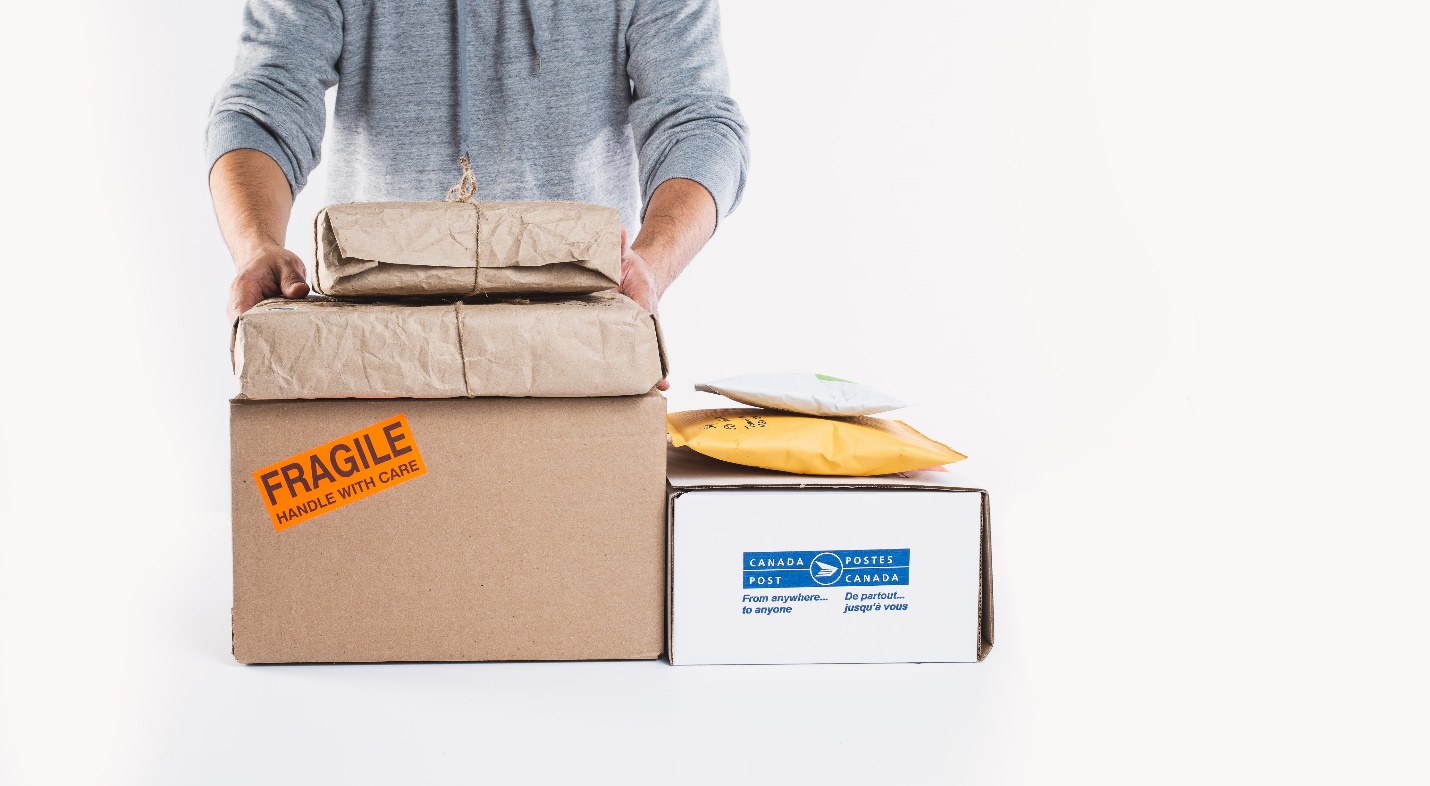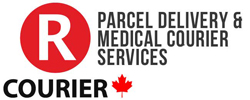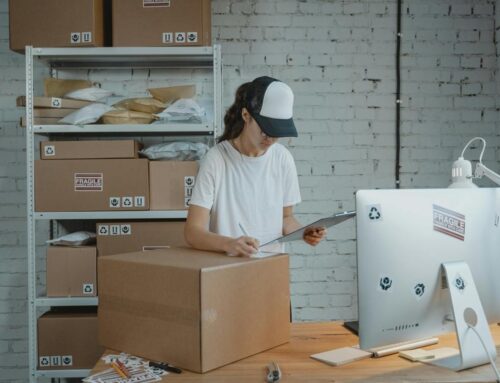Since COVID-19 was first discovered in Canada, politicians and medical experts have been concerned about one dangerous side-effect of the pandemic: overwhelmed hospitals. Read ahead to find out the simple but effective ways that hospitals can avoid surpassing their patient capacity during a stressful time.
Overwhelmed Hospitals Around the World
One of the things that makes COVID-19 so dangerous is that it’s very contagious. The World Health Organization gave it an R0 rating between 2 and 2.5 — this means that the average carrier is expected to infect 2 or more people. For some perspective, in 2009, the H1N1 virus had an R0 value of 1.4 and 1.6. The rating means that the coronavirus has the potential to quickly spread through the public and overwhelm hospitals and medical facilities with patients.
This concern is not unmerited. Canadians have watched as countries around the world have struggled to gain control of the viral spread and treat citizens. In March, people could see how Italy’s hospitals were overwhelmed by COVID-19 and were forced to choose between which patients had better chances at survival than others. Currently, India is expected to reach half a million COVID-19 cases by the end of this month. The number of cases in the United States is also rising, reaching over two million cases by the beginning of July.
Canada has managed to avoid these critical circumstances so far. But the future is uncertain, and medical officials know that they’re not out of the woods just yet.
How to Avoid Overcrowding:

COVID-19 Prevention
Of course, the number one way to stop the pandemic from overwhelming hospital systems is to slow the spread of COVID-19. Encouraging members of the public to wear masks, sanitize their hands and practice social distancing will slow the rate of infection. Medical facilities need to encourage anyone who doesn’t need immediate attention to call a hotline or book a virtual appointment.
Virtual Services
Virtual care appointments and check-ups are safe alternatives to hospital and medical office visits. It’s a compromise for the patient, who needs medical advice or treatment, and the facility, which needs to keep as many beds available as possible.
Restricted In-Person Appointments
Be strategic about what patients need in-person treatment and what ones can wait for a future appointment or book a virtual one. Keep the numbers low and emphasize safety precautions before/during/after the appointment.
Fast Courier Services
In the time of COVID-19, medical facilities need products, PPE, test samples and more delivered quickly and safely. A reliable medical courier is necessary for preventing sluggish deliveries and unnecessary delays. Without one, delays will pile up and slow down treatment time. It will be harder for medical professionals to cope with the backlog, and it could contribute to more crowding at the hospital.
The system is delicate at the moment. It’s not the time for late orders and lost deliveries. Everything needs to run smoothly. That’s why R Courier medical courier services is ready to help any facility in the Greater Toronto Area with their essential orders. Our couriers are known for fast and dedicated services. You can use our official website to track your package and follow the ETA Board to see exactly when it’s expected to arrive at the address.
We also make safety a top priority for our clients and couriers. Our couriers are trained to handle hazardous materials and have taken extra precautions to guarantee that deliveries are safe and secure at this time. Anyone who is looking for safe services in a changing world can click on the link and make an order right away.
Hospitals reaching their capacity and running out of beds would be a terrible situation. It’s important that medical professionals — and the general public — do their best to make sure that this worst-case scenario doesn’t happen.






